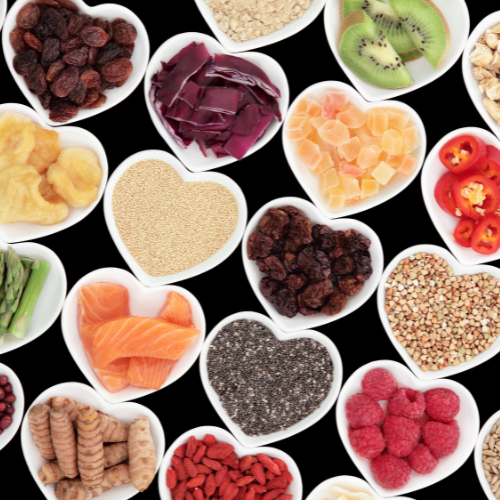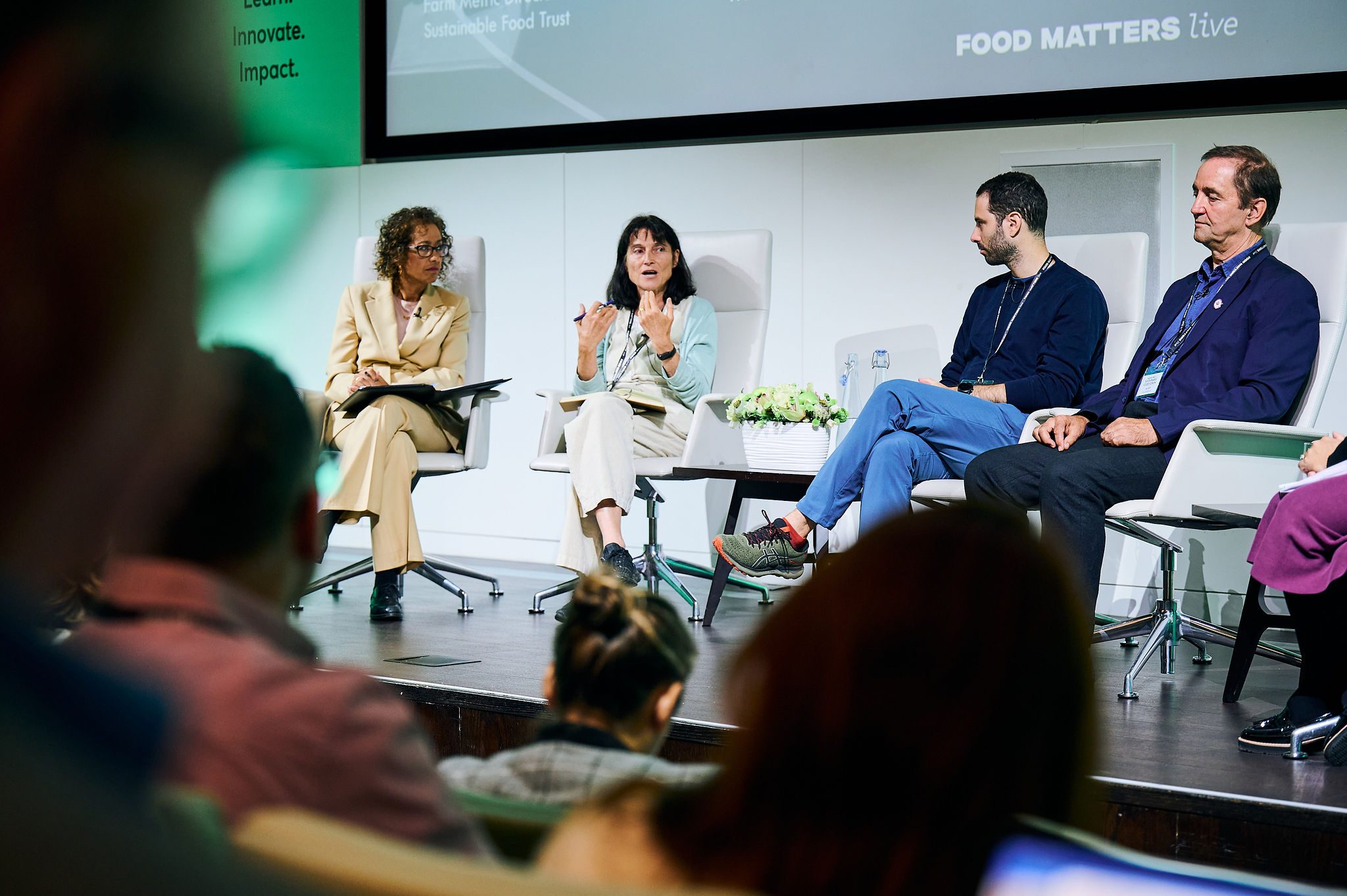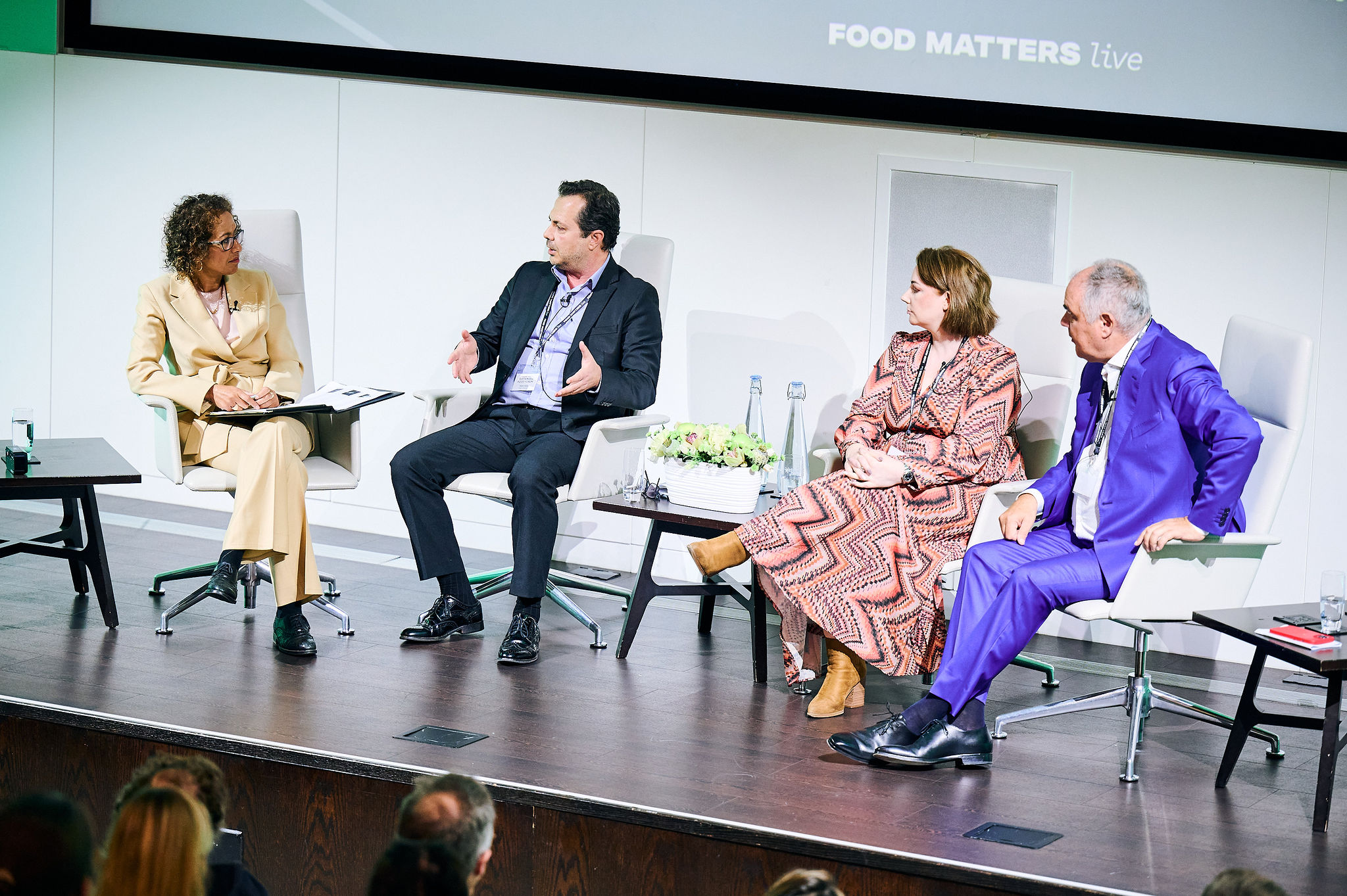From AI recipes to in-store consultations: this is the future of food according to Mintel

Based on extensive consumer research and real-world case studies, Mintel has announced its three food and drink macro-trends for 2024. Curated by the Food Matters Live team, this breakdown includes key predictions, examples of ongoing innovations, and insights into what it all means for the industry moving forward.
Processing with purpose
Ultra-processed foods are now considered public enemy number one, facing widespread criticism for their link to lifestyle diseases such as obesity, heart disease, and diabetes. Mintel predicts a decline in the consumption of foods falling within the UPF category, paralleled by a new demand for minimally processed whole foods with fewer additives.
Examples of brands innovating in response to this trend include Pureharvest’s Unsweetened Organic Almond Drink, emphasising “more nourishment from less processing, more flavour from fewer additives, and more nature from less waste.”
The rise of on-pack labelling using the NOVA and Siga scales means consumers will become increasingly aware of food processing levels, prompting careful consideration of how and where these fit into their diets. While this could spell trouble for UPF products, there is growth potential for minimally processed products that clearly communicate the benefits of food processing, such as improved nutritional profiles, sustainability, and shelf-life.
Matriark pasta sauces offer a perfect example of this done right, using upcycled, nutritious US-grown tomatoes and shelf-stable cartons. The company claims that buying one carton diverts 0.4 pounds of vegetables from landfills, saves 50 gallons of water, and reduces one pound of greenhouse gases – call it processing with purpose. Expect upcycling to gain momentum as part of this trend, says Mintel, with more and more products repurposing traditional waste streams.
Gen X lead the way on healthy ageing
Don’t forget about Gen X, warns Mintel, those in their mid-40s to late 50s. While often overshadowed by Baby Boomers and Millennials, this demographic is pioneering a new and proactive approach to healthy ageing, addressing taboos like menopause and seeking innovative products to extend their health span (the period of life spent in good health).
Issues of interest for those over 40 include sleep quality, bone, joint, heart health and cognitive function, all of which present opportunities for brands to innovate new functional food and drink solutions.
Brands are waking up to the importance of Gen X, as seen with the launch of products such as Nestlé China’s Yi Yang Milk Powder. Designed for Middle-Aged and Senior Groups, two cups of the powder offer 67.5% of the required daily calcium intake for adults aged 45+.
Another example cited is US-based Krill Arctic Foods’ Krill Meat, a product rich in antioxidants and omega-3, 6, and 9 fatty acids to support heart health and lower cholesterol.
Mintel also highlights the potential for food brands and retailers to offer informational services to consumers. For example, health food giants Holland & Barrett offer personalised in-store advice on menopause and perimenopause from trained advisors, free of charge.
“A new era of convenience”
We’re entering a new age of convenience in food and drink, with new technology streamlining everything from meal planning and preparation to shopping and cooking. In what Mintel has dubbed “Eating: Optimised,” expect a deluge of solutions from personalized recipes to augmented reality cooking classes, helping consumers save time, money, and stress.
Artificial Intelligence will play an increasingly important role, predicts Mintel, with products already tapping into its potential to help consumers minimise waste, save money, and achieve nutritional goals. Examples include the Netherlands-based Pickup Limes app, a database of 1000+ recipes allowing users to customise plant-based meals to meet their nutritional needs. US media company Buzzfeed is also weighing in on the trend with Botatouille, an AI-driven bot that generates recipe suggestions based on the ingredients in your fridge.

















